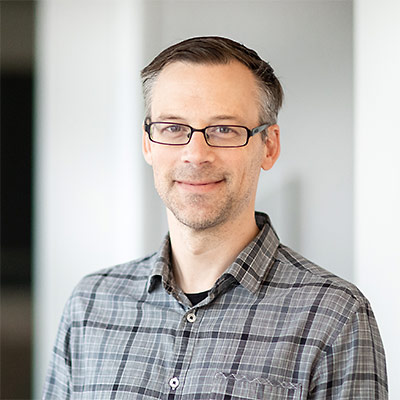USC Shoah Foundation expands its collection of Guatemalan Genocide testimonies
Their loved ones – including women and children – were slaughtered by the military and tossed into mass graves.
For more than 30 years, survivors of the Guatemalan Genocide against the indigenous population assumed nobody cared about their stories.
After all, nobody had ever bothered to ask.
USC Shoah Foundation redoubles efforts to collect testimonies of Holocaust survivors before it is too late
Miriam Katin survived the Holocaust as a toddler because her quick-thinking mother faked their deaths in Budapest at a historically perilous time for Jews in Hungary. Now 77, Katin has a thriving career as a graphic artist whose humor cartoons have appeared in The New Yorker.
Her remarkable oral history would have been lost to time without the initiative by USC Shoah Foundation to document the stories of Holocaust survivors before it is too late.
Brigittine French Returns to the Center For Advanced Genocide Research As a Visiting Scholar
Brigittine M.
Maël Lenoc Awarded 2019-2020 Greenberg Research Fellowship
Maël LeNoc, a PhD Candidate in Geography at Texas State University, has been awarded the 2019-2020 Margee and Douglas Greenberg Research Fellowship at the USC Shoah Foundation Center for Advanced Genocide Research.
Ionida Costache Awarded 2019-2020 Breslauer, Rutman And Anderson Research Fellowship
Ioanida Costache, a PhD Candidate in Music at Stanford University, has been awarded the 2019-2020 Breslauer, Rutman and Anderson Research Fellowship at the USC Shoah Foundation Center for Advanced Genocide Research.
University of Toronto course takes a data-science approach to viewing Holocaust testimonies in the Archive
Any individual testimony of a Holocaust survivor tells a story that is personalized and unique.
But a new Jewish Studies class at the University of Toronto is encouraging students to watch USC Shoah Foundation’s testimonies in another way – using applied statistics – to test hypotheses and find broader stories that often aren’t detectible in any single interview.
The aim for the course – called Jews: by the numbers – is to take a quantitative approach to studying the humanities.
In this clip series, survivors and other witnesses to genocide recall the various ways they individually or collectively resisted injustice and discrimination during wartime, sometimes at great personal risk. What are the circumstances in which resisting authority becomes a moral duty? What forms can resistance take? What does the face of resistance look like?
2019 Summer Junior Interns
Teaching the Holocaust in Latin America
The Holocaust is not widely taught in Latin America. Few books on the subject are available in Spanish, and university classes that do touch on the history are sometimes outdated.
